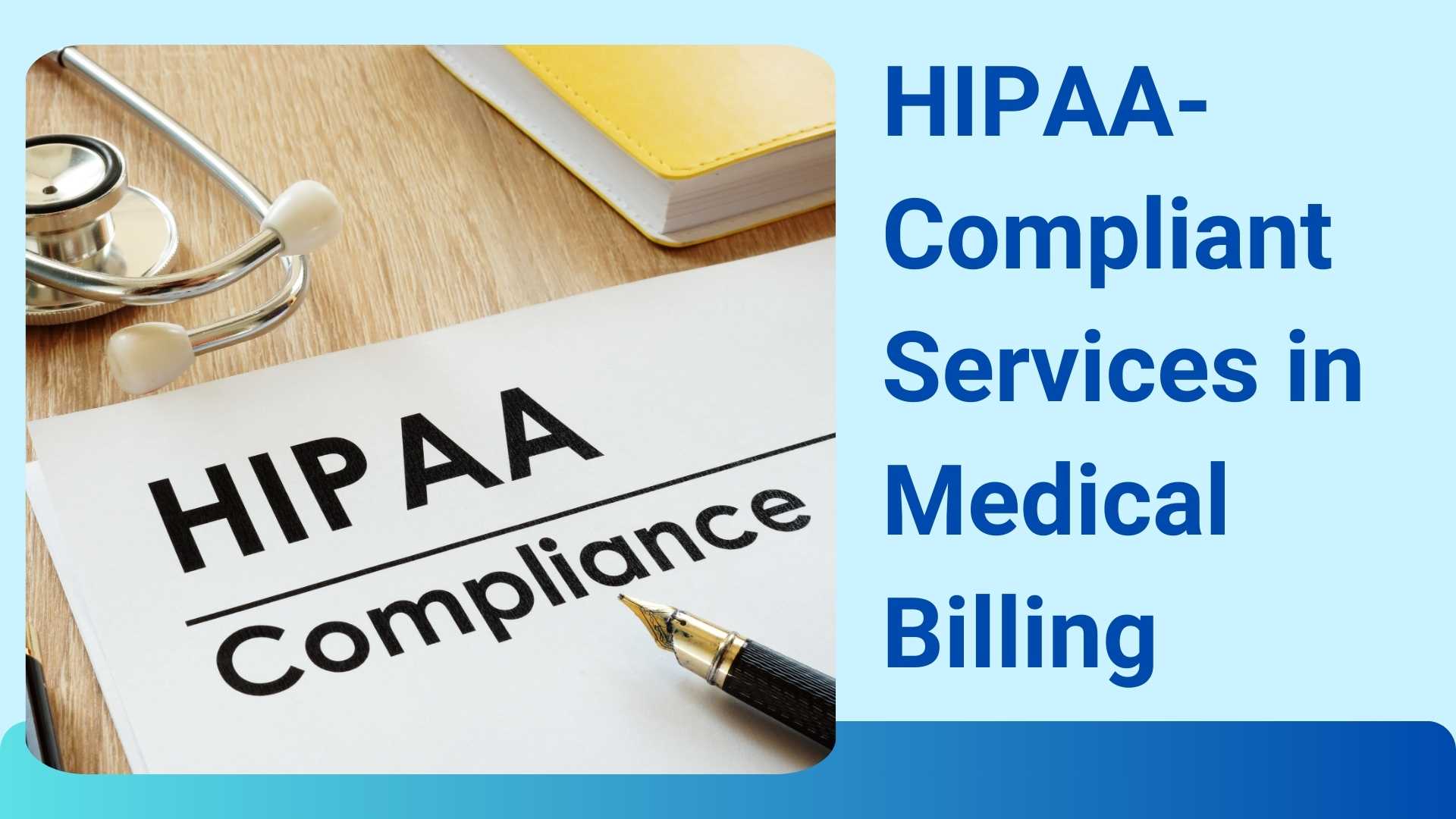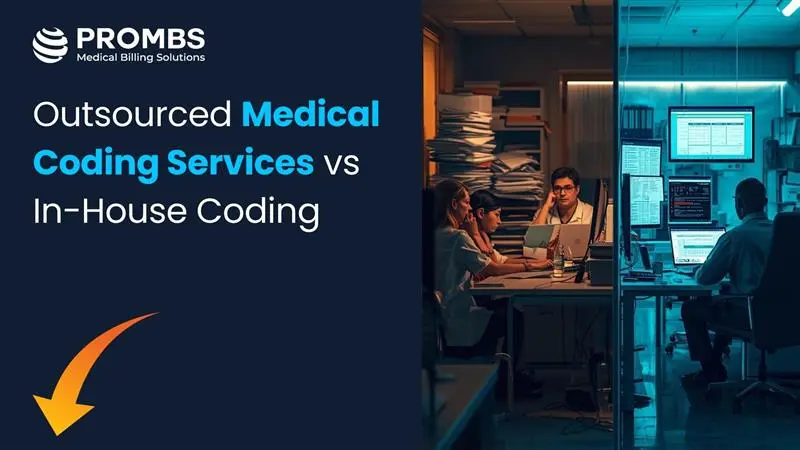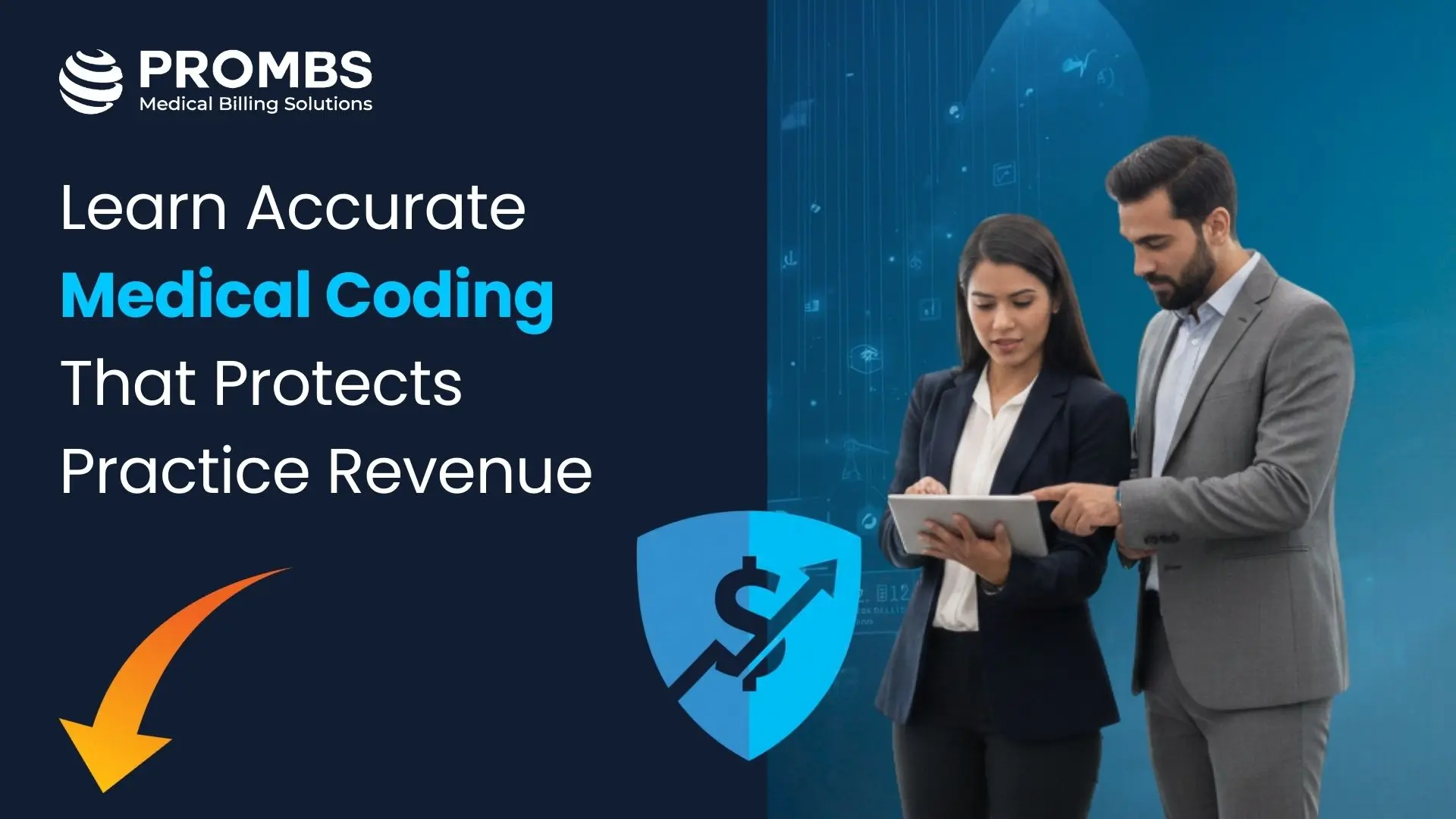Introduction
HIPPA is a federal law enacted in 1996 to safeguard sensitive patient health information. The law makes it mandatory for healthcare facilities to safeguard the important details of the patients such as patient names, medical records, insurance details, treatment history, and even digital communication like emails or text messages containing health data. Failure to comply with the law leads to hefty penalties ranging from $100 to $50,000 per violation, with annual maximums in the millions. HIPAA-compliant services are about creating a culture of transparency, responsibility, and care to ensure quality, integrity, and patient confidentiality. It makes it mandatory for all the parties involved in the Medical Billing process including billing companies, healthcare providers, and insurance entities to adhere to the strict regulations set forth by HIPAA.
Although HIPAA covers multiple healthcare-related regulations, its main motto is to address security concerns and patient privacy associated with protected health information (PHI). Healthcare data breaches, unauthorized access, and improper handling of PHI can put healthcare facilities in a difficult situation, causing reputational damage, financial losses, and compromising patient privacy.
Therefore, healthcare facilities must put HIPAA-compliant Medical Billing Services among their top priorities to ensure patient privacy and avoid any workflow disruptions.
In this blog, we will discuss the role of HIPAA in Medical Billing services and explore multiple strategies to ensure you maintain HIPAA compliance in your practice.
What is HIPAA Compliance for Healthcare Billing?
HIPAA compliance in healthcare billing refers to ensuring accurate and legal charging for the medical services you provide. It is all about adhering to state and federal laws, and guidelines from entities such as Medicaid, Medicare, and private insurers. This involves following specific rules for billing, coding, and claim submission to prevent abuse, waste, and fraud.
What are the key components of HIPAA regulations for Medical Billing professionals?
Here are a few important components of HIPAA compliance that ensure and secure Medical Billing practices.
Security Rule
Secure Medical Billing solutions require billing professionals to make sure to implement all safeguards such as physical, administrative, and technical to secure electronic protected health information (ePHI) from patient data breaches.
Privacy Rule
Governs the absolute protection of patient’s health information (PHI), ensuring patient health detail is end-to-end password-protected and is not disclosed without patient consent except for healthcare operations, payment, or treatment purposes.
Unique Identifiers Rule
Enforces healthcare providers to use unique identifiers like the National Provider Identifier (NPI) to reduce errors and ensure accuracy in Medical Billing Services.
Transaction and Code Set Standards
In order to streamline and ensure effortless communication between healthcare providers and payers, it mandates the use of standardized codes and formats for electronic billing and claims.
Breach Notification Rule
It obligates billing professionals to notify affected healthcare providers, individuals, and regulatory authorities in the event of a PHI breach, adhering to strict timelines.
Role of HIPAA in Secure Medical Billing Solutions
Here we explain the specific role of HIPAA in Medical Billing that makes a great difference.
Patient Privacy
The top priority of HIPAA compliance services in Medical Billing is to ensure end-to-end protection of the patient’s sensitive information. Strict guidelines have been put in place, following which patient privacy and confidentiality are protected. It mandates healthcare professionals, including those involved in Medical Billing to implement measures to ensure the safety of patient information. It includes maintaining the privacy of patient’s billing information, medical records, and any other personally identifiable information.
Electronic Transactions and Codes Set
It mandates standardized electronic code sets and transactions in Medical Billing. The deployment of advanced workflow technology in the system ensures that healthcare professionals and health plans use consistent formats and codes when processing and submitting claims electronically. Compliance procedures should never be complicated, and standardization simplifies the billing process, reduces errors, enhances efficiency, and ensures transparency.
Transaction and Code Set Compliance
It requires healthcare professionals to use specific code sets, such as the Current Procedural Terminology (CPT) and International Classification of Diseases (ICD), for Medical Billing purposes. Compliance with these code sets ensures accuracy and consistency in billing and reimbursement processes.
Business Associate Agreements
It serves as a regulatory authority to establish transparent relationships between covered entities such as insurers, healthcare professionals, health plans, and their business associates. Medical Billing companies are business associates, and HIPAA mandates covered entities to establish agreements with these entities to ensure that PHI is appropriately protected.
What Are the Best Ways to Stay Compliant?
There are several measures that healthcare providers can take to stay HIPAA compliant to produce Medical Billing data security services:
Staff Training and Education
Providing staff members with specialized training sessions and real-world guidance to keep them updated about the ever-evolving healthcare environment and HIPAA regulations is essential. Being familiar with an organization’s procedures and policies regarding patient privacy and security helps them to effectively produce compliant results.
Security and Privacy Policies
Healthcare providers should develop comprehensive security and privacy procedures and policies that HIPAA requires. These policies are specifically designed to cover breach notification, data access, storage and disposal, workforce sanctions, and other security measures. Regular reviews and updates of these policies are imperative to adaptability to changes in regulations and technology.
Risk Assessments and Audits
Conducting risk assessments regularly helps identify potential vulnerabilities and risks to patient information. Healthcare providers should comprehensively study their processes, systems, and physical infrastructure to pinpoint security lapses and take immediate and appropriate measures to mitigate them. Apart from identifying areas needing improvement, conducting periodic audits ensures ongoing compliance.
Technical Safeguards
Deploying the latest advanced technological safeguards is essential to protect ePHI. It includes employing strong access controls such as encryption of sensitive data, unique user IDs, and passwords, implementing intrusion detection systems, and regularly patching and updating software systems to address vulnerabilities.
Physical Safeguards
It is imperative to have a system in place that effectively prevents physical access to areas where PHI is stored to avoid patient health data breaches. It includes securing storage of paper records, restricting access to data centers, proper disposal of physical media, and video surveillance.
Business Associate Agreements
Healthcare professionals should establish written agreements with their business associates such as IT service providers and Medical Billing companies to ensure these entities comply with HIPAA regulations. These agreements emphasize the duties and responsibilities of the business associates in terms of the protection of PHI.
Incident Response Plan
An incident response plan is imperative to address any security breaches or incidents effectively. The plan should include the procedures that are effective to respond to incidents, mitigate potential harm, notify affected individuals, and report the incident to the appropriate authorities.
At the same time, considering all the above, maintaining compliance with HIPAA is becoming increasingly challenging. With new rules, evolving regulations, and frequent updates, it’s difficult for healthcare providers to consistently deliver HIPAA-compliant medical billing services. The process involves extensive documentation, strict regulatory adherence, and ongoing maintenance — all of which can disrupt workflow efficiency.
The most viable option with the healthcare facilities is to outsource compliance-related services to Pro Medical Billing Solutions. Our diligently trained and extensively experienced professionals exceed your expectations by providing you with unparalleled results that transform the financial health of your practice. We make the whole procedure simple as we believe complexity is the enemy of compliance and it should never be complicated.
We keep you ahead of your competitors through strategic growth and real results.
FAQs
What are HIPAA-compliant Medical Billing services?
HIPAA-compliant Medical Billing services follow strict federal guidelines to protect patient data, ensuring secure handling of Protected Health Information (PHI) during claims processing, data storage, and communication.
Why is HIPAA compliance important in healthcare billing?
HIPAA compliance is essential in healthcare billing to prevent data breaches, avoid legal penalties, and maintain patient trust by ensuring sensitive health and billing data is handled securely and ethically.
What features should a HIPAA-compliant billing system have?
A HIPAA-compliant billing system must include data encryption, user access controls, audit logs, secure cloud storage, and signed Business Associate Agreements (BAAs) with third-party vendors.
Are Medical Billing companies legally required to be HIPAA-compliant?
Yes. Medical Billing companies are considered Business Associates under HIPAA and are legally required to follow all privacy and security rules when handling electronic health records (EHR) and billing data.
How do HIPAA-compliant services protect against medical identity theft?
HIPAA-compliant services use secure systems that limit access to PHI, monitor activity through audit trails, and implement strong authentication protocols, reducing the risk of medical identity theft and fraud.
Can using non-compliant billing software lead to penalties?
Absolutely. Using non-compliant software can result in severe HIPAA violations, with fines ranging from thousands to millions of dollars, plus the risk of lawsuits and loss of business credibility.
What makes Pro Medical Billing Solutions a top choice for HIPAA-compliant medical billing services?
Pro Medical Billing Solutions stands out through its exceptional expertise in HIPAA compliance, utilizing advanced encryption protocols, real-time audit tracking, and a dedicated compliance team. Their strategic approach combines customized billing workflows, secure cloud-based systems, and industry-leading accuracy, ensuring both data protection and maximum reimbursement efficiency for healthcare providers.



